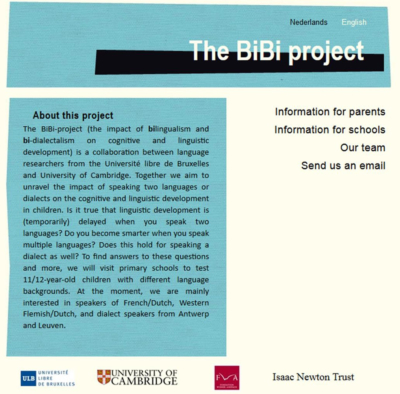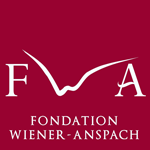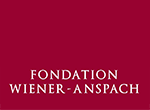
This project obtained a one-year extension of the funding initially granted for 2014-2016.
Presentation
Speaking two or more languages is becoming the norm rather than the exception. It is therefore imperative to understand the impact of bilingualism on child development. Research to date reports negative effects of bilingualism on linguistic development (when the bilingual child is compared to monolingual peers), but positive effects on cognitive development.
We propose that there are aspects of linguistic development, namely pragmatics and conversational skills, where bilingualism should have a positive effect. Moreover, we propose that the contrastive study of bilingualism and bi-dialectalism (children speaking two dialects) has unique potential to reveal the nature of the cognitive correlates of bilingualism.
We designed a number of linguistic, pragmatic and cognitive tasks, administrated to a large set of children from three groups: (a) monolingual Dutch, (b) bilingual Dutch-French and (c) bi-dialectal Western Flemish and Dutch. A one-year extension of the project will allow us to exploit the rich data we collected and gain new insights into the nature of multilingual minds.
The website of the project.
Promoters
Napoleon Katsos, Department of Theoretical and Applied Linguistics, University of Cambridge
Mikhail Kissine, Centre of Research in Linguistics, ULB
Thanks to the Foundation’s support, Dr Alma Veenstra has been hired at the University of Cambridge to work on this project.
Le financement de ce projet, initialement accordé pour 2014-2016, a été prolongé d’un an.


